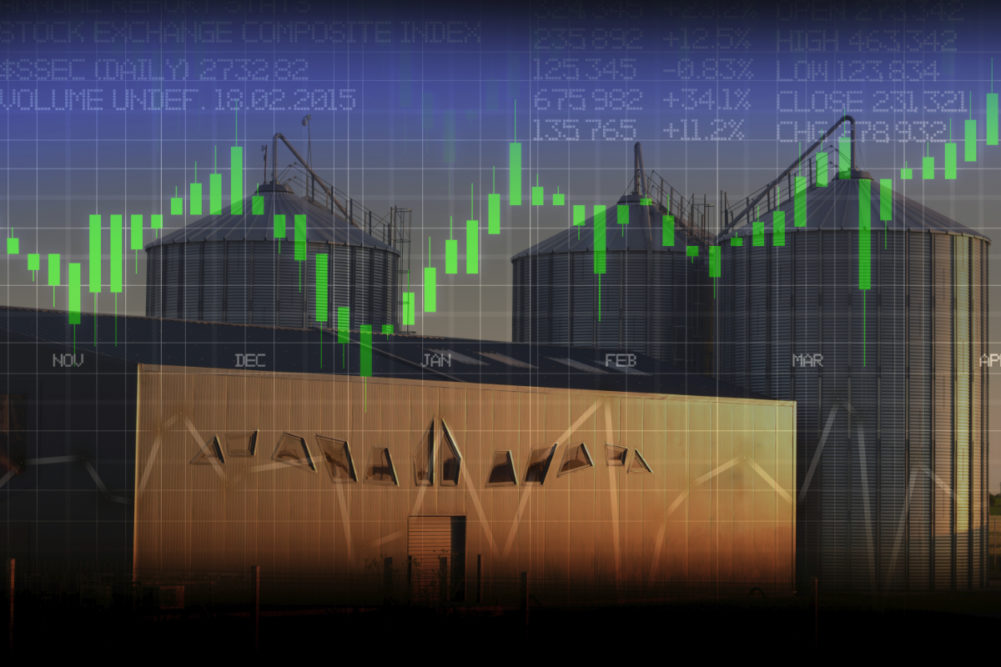MINNEAPOLIS, MINNESOTA, US — The Miami International Securities Exchange, LLC (MIAX) and Minneapolis Grain Exchange (MGEX) had a successful first day of futures trading on the SPIKES Volatility Index on Dec. 14.
“SPIKES Futures are a significant step forward for the volatility marketplace, adding necessary competition, choice and innovation,” said Thomas P. Gallagher, chairman and chief executive officer of MIAX. “With SPIKES Futures, investors have access to an advanced, competitively priced volatility trading product that further rounds out the SPIKES Volatility Products portfolio. We are excited that SPIKES Futures liquidity providers successfully began actively quoting yesterday, providing a tight market for SPIKES Futures right out of the gate.”
Available on MGEX via the CME Globex platform, SPIKES Futures (ticker: SPK) offers a trading experience consistent with industry best practice tick size, notional value and contract specifications.
“SPIKES Futures is a step toward our goal of growing and diversifying our exchange and bringing much needed transparency and competition to the volatility sector,” said Mark G. Bagan, president and CEO of MGEX. “This is an exciting moment for MGEX and uniquely positions us to offer many new proprietary products to the derivatives trading community.”
Designed by financial indexing firm T3 Index, SPIKES is a measure of the expected 30-day volatility in the SPDR S&P 500 ETF (SPY). Calculated and disseminated every 100 milliseconds, SPIKES offer index stability and accuracy.
“In an increasingly volatile and complex market, SPIKES Futures addresses vital trading needs, including a hedging component, specialized opportunities, reliability and speed,” said Simon Ho, CEO of T3 Index. “Quite simply, everything that volatility trading firms have long sought, SPIKES Futures delivers all of this with ultra-low fees.”
On Dec. 4, MGEX became a wholly owned subsidiary of MIAX’s parent holding company, Miami International Holdings (MIH).
MGEX, established in 1881, is one of the oldest trading venues in the United States and historically concentrated on trading in agricultural products, including hard red spring wheat contracts.




